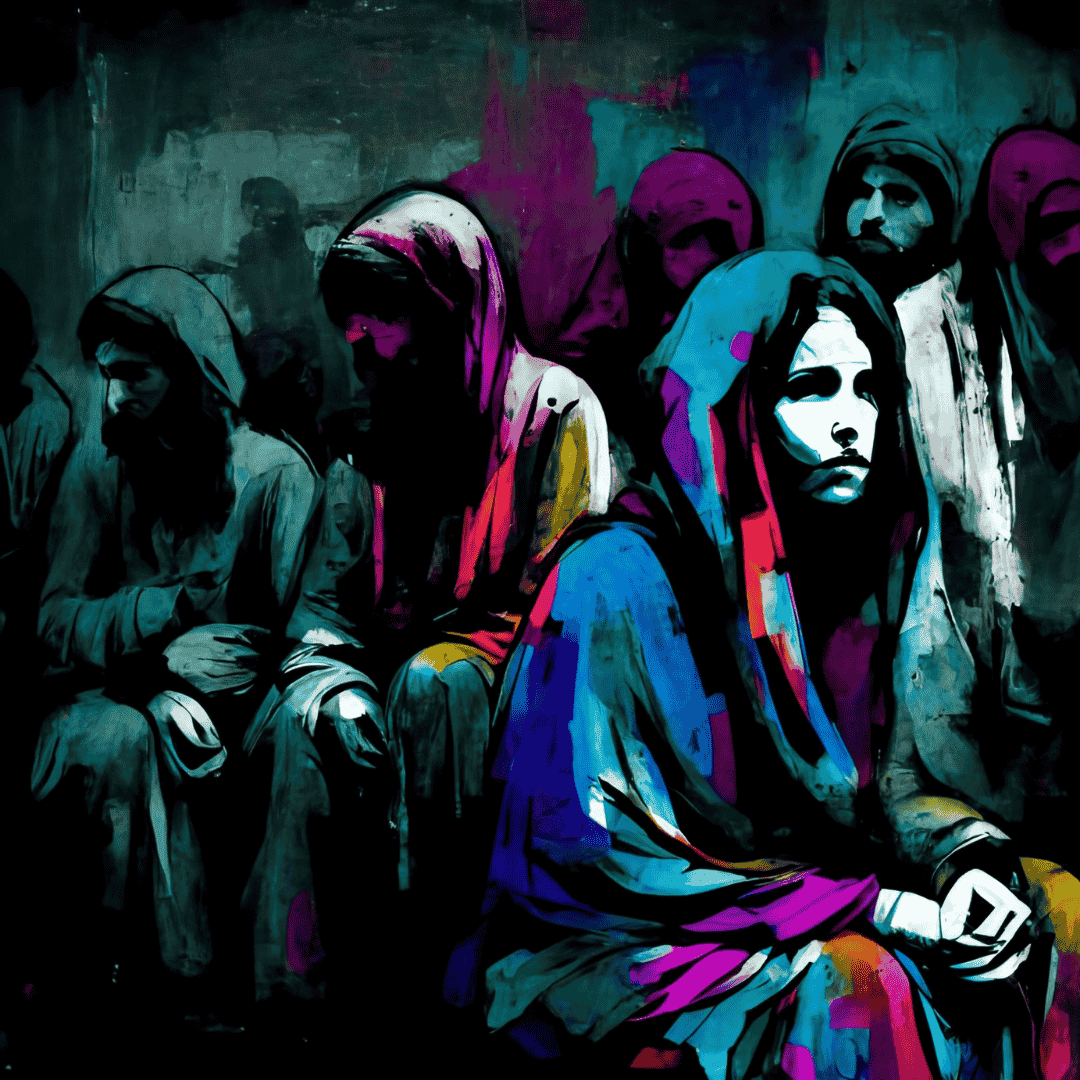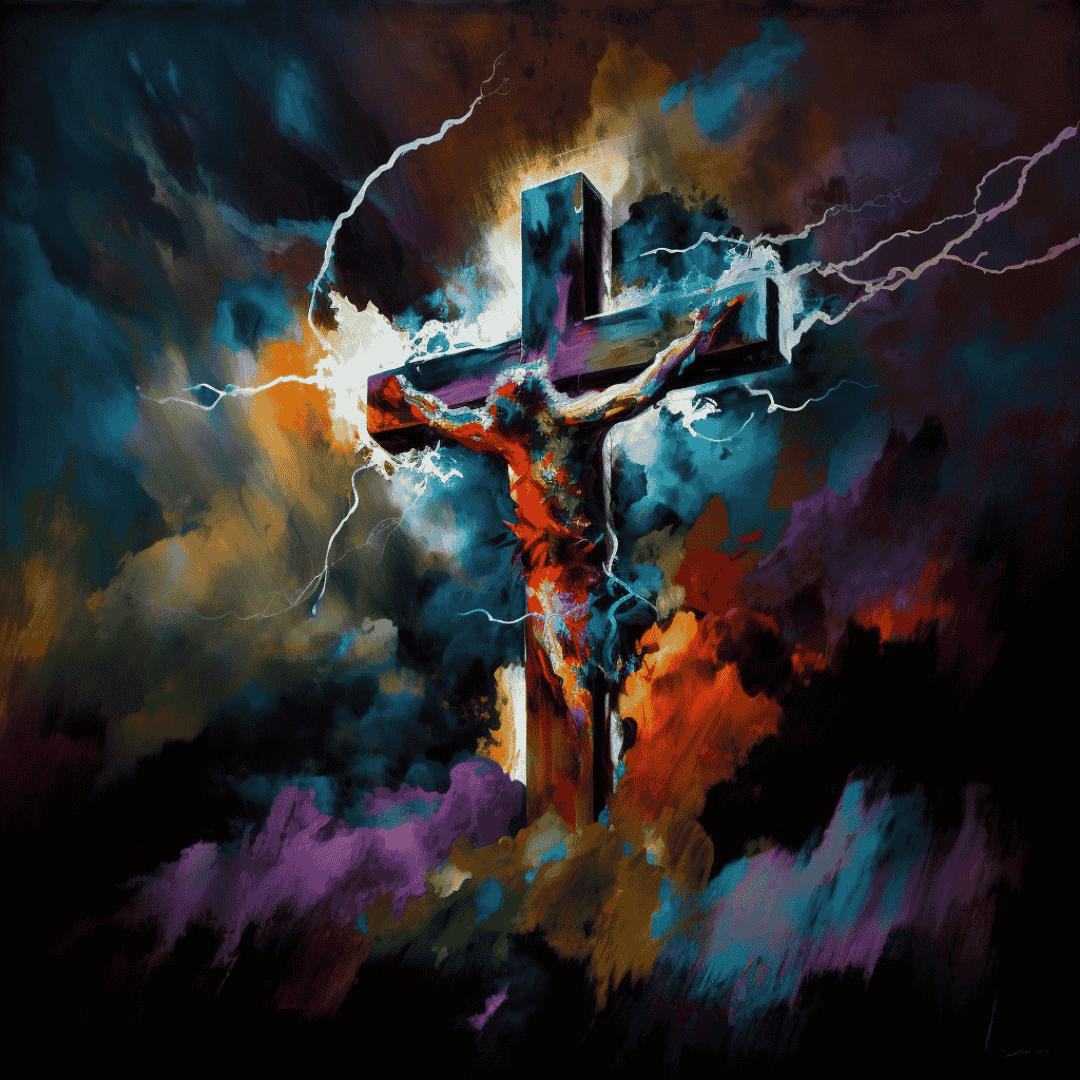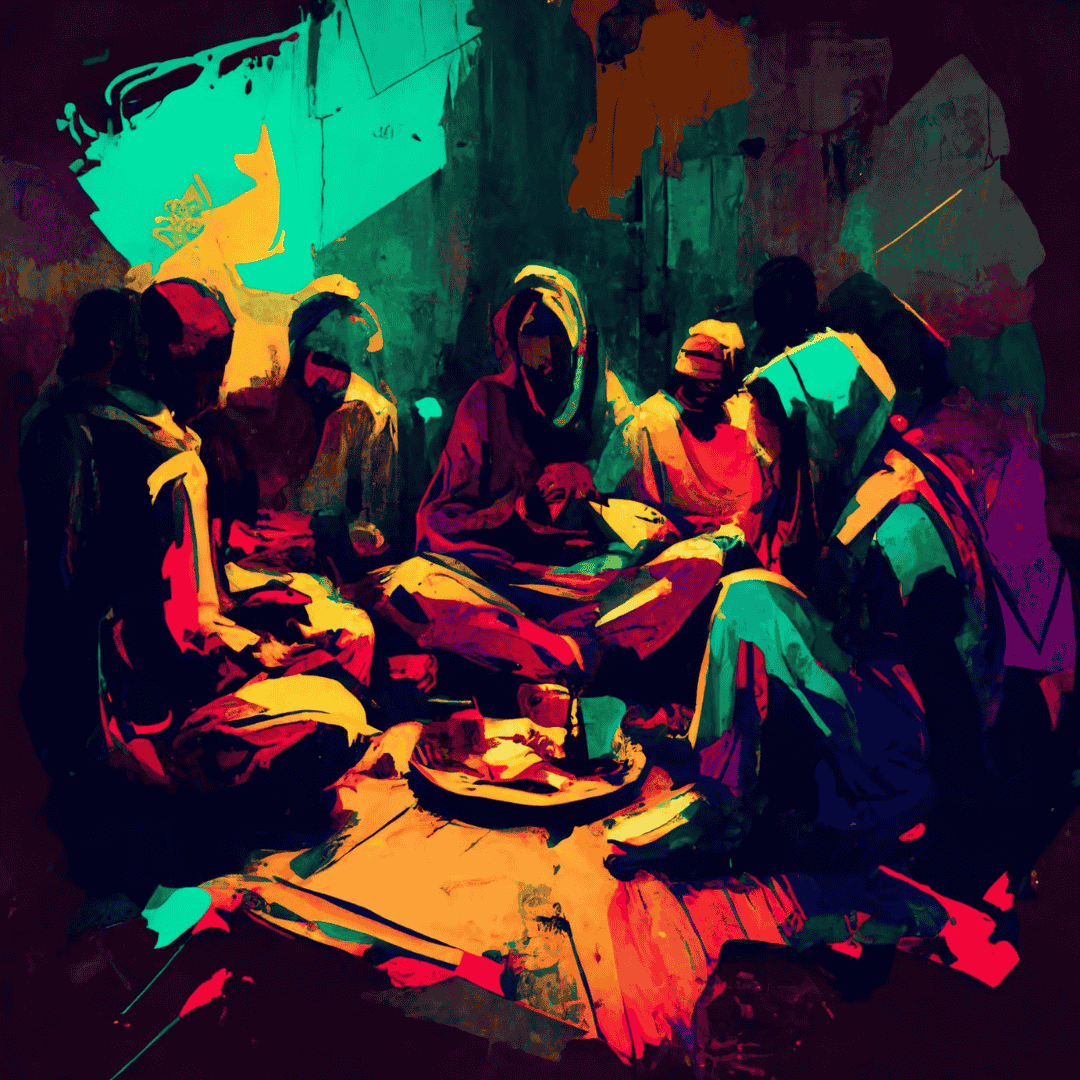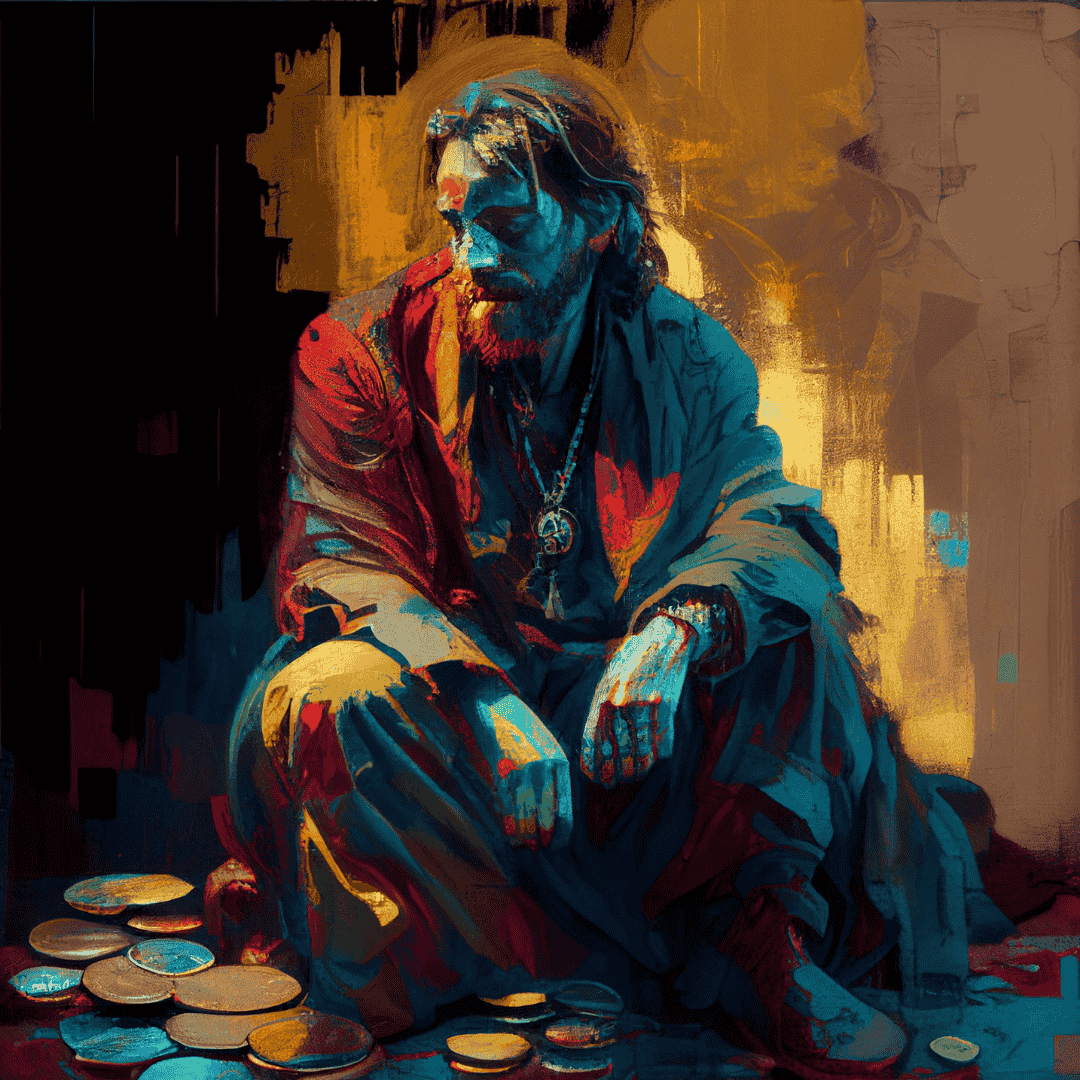
By Dr. Wayne Brouwer
July 21, 2015Some of us have the notion that the kingdom of God is primarily a secret and personal rule of God in individual hearts. God is no earthly ruler whose fortunes are dictated by the latest research poll. His name won’t appear on the ballots when we vote in November. TIME magazine is not likely to declare God as a list topper in one of its annual collections of “most powerful leaders in the world.”
God doesn’t have his own political party, though a few small groups attempt to lay claim to him as leader.
Back in 1951, shortly before he was forced from his throne by a military coup, King Farouk of Egypt confided bitterly to British Lord Boyd-Orr, “There will soon be only five kings left—the Kings of England, Diamonds, Hearts, Spades and Clubs.”
That is sometimes the way we see the Kingdom of God, sifted through the world like the kings in a deck of cards. The King of Heaven may have a kind of power when we play a certain game called religion, but for the most part it is a rather invisible and private authority, one held closely in your hand so no one else sees, and played as a trump card when you run out of other options.
Perhaps there is some reason for this view. Didn’t Jesus himself tell Pilate, “My kingdom is not of this world” (John 18:36)? And another time, when the Pharisees came to Jesus and asked him about the Kingdom of God, Jesus told them, “The kingdom of God does not come with your careful observation, nor will people say, ‘Here it is,’ or ‘There it is,’ because the kingdom of God is within you” (Luke 17:20-21). Even the Apostle Paul seemed to echo that when he wrote about the rule of God as being “in your heart” (Romans 10:8).
Another thought we sometimes have about the kingdom of God is that it is really the same thing as the church.
One of the great hymns puts it like this:
I love Thy Kingdom, Lord, the House of Thine abode;
The Church our blessed Redeemer saved with His own precious blood.
These words tie the kingdom of God directly to the church. While national governments may wield temporal power of armies and economies, the church claims spiritual power and a moral sway over values and behavior. This view sees the world in two parts: a “secular” life of week days and business and family and school, and a “sacred” life of the church and spirit which sneaks in now and again like the weekend “Religion” pages of the newspaper.
A third view of the Kingdom of God reacts strongly to the individualism and private spirituality of a privatized religion, and sees in Jesus’ words a socially transforming message.
In 1917, while the kingdoms of this world were at war, while revolution stalked Russia and set up a dictatorship of the proletariat, while labor strikes were sweeping across North America, Walter Rauschenbusch delivered four addresses at Yale School of Religion. He had been pastor at the Second German Baptist Church in a suburb of New York City politely called “Hell’s Kitchen.” He had seen children working fourteen-hour shifts in dark and dirty factories. He watched pregnant women hemorrhage to death while standing at their industrial posts. He said funeral prayers for men who died in tragic accidents, whose families would be turned out into streets at the loss of income and lack of insurance or pensions.
He was supposed to preach the love of God, the grace of God, the providence of God from his pulpit, week after week, Sunday after Sunday. But where was God on Monday, while the bosses treated their workers like slaves? Where was God on Tuesday, when pollution took the life of a sickly child? Was the gospel limited to things “sacred?” Was salvation only for people’s souls, while their bodies could rot in Hell’s Kitchen?
Rauschenbusch searched the scriptures and prayed as Jesus taught, “Thy Kingdom come!” Then he challenged Christians to look for a kingdom that was bigger than the church, a kingdom that stepped into the world on Monday and organized labor unions, that fought political battles on Tuesday, and demanded social justice on Wednesday. He called for people of God who took a piece of heaven and set it to grow here on earth.
A fourth possibility, when we look for a way to read these parables of the kingdom, is that Jesus is primarily focusing our attention on the future, and keeping our eyes trained toward the skies.
We know that some day the Lord who spoke these parables will come back again, and then the fullness of his kingdom will become a glorious reality. Now, however, we live in the kingdom of Satan, the prince of this age, the ruler of the powers of darkness, as Paul put it. So we hide ourselves into our corners and protect our little ones as best we can, until someday we will see Jesus return and then we will live in his kingdom. The old gospel song testified to it like this:
This world is not my home, I’m just a-passin’ through;
My treasures are laid up, my faith is all secure.
The angels beckon me from heaven’s open door
And I don’t feel at home in this world anymore.
We have all been touched by each of these views of the kingdom of heaven.
That’s why it is important to think very politically about this. Among the pieces of properties that we collect in this life, as Jesus reminds us in his Parable of the Great Treasure (Matthew 13:44-46), we may someday suddenly stumble upon a treasure that collects us. It possesses us. It demands allegiance from us.
It is the kind of thing that J. R. R. Tolkien tried to picture in his powerful trilogy The Lord of the Rings. Writing in the recovery years after World War II, Tolkien imagined what powers there are in this world that can possess peoples and nations, for good or for ill. His tale of the struggles of Middle Earth allegorically reflected the biblical idea of kingdoms in conflict.
Either, as Jesus indicates, we play games with little treasures, buying and selling them on world markets, and moving among commercial districts that hold our attraction for a while, or we are sold out to a greater power. We sell all and buy it. We give up our claims in order that we might be claimed.
It is leaders inspired by Jesus’ great vision who inspire congregations to own up to their proper and powerful citizenship. That is why CLC exists.
Written by Wayne Brouwer
Photo credit: The hills are alive* / Foter / CC BY
